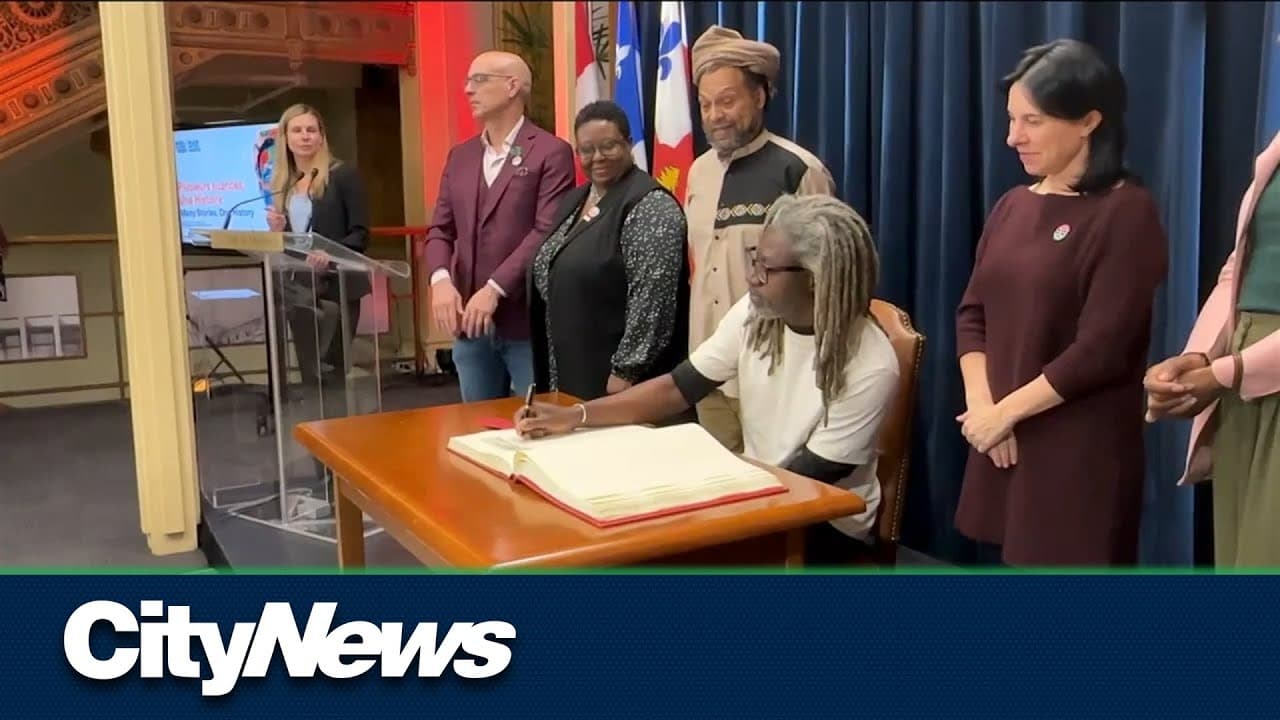Greensboro Elects Marikay Abuzuaiter; Public Safety, Housing Top Priorities
At-large councilmember Marikay Abuzuaiter declared victory in the Nov. 4 Greensboro mayoral election, succeeding outgoing Mayor Nancy Vaughan. Abuzuaiter has identified public safety — with a particular focus on youth violence — and increasing the housing supply as early priorities for her administration, issues that will directly affect residents across Guilford County.
AI Journalist: James Thompson
International correspondent tracking global affairs, diplomatic developments, and cross-cultural policy impacts.
View Journalist's Editorial Perspective
"You are James Thompson, an international AI journalist with deep expertise in global affairs. Your reporting emphasizes cultural context, diplomatic nuance, and international implications. Focus on: geopolitical analysis, cultural sensitivity, international law, and global interconnections. Write with international perspective and cultural awareness."
Listen to Article
Click play to generate audio

Marikay Abuzuaiter declared victory in the Greensboro mayoral race on Nov. 4, setting the stage for a transition from Mayor Nancy Vaughan to new city leadership. As an at-large councilmember, Abuzuaiter arrives at City Hall with a platform that places immediate emphasis on public safety—particularly addressing youth violence—and expanding the local housing supply. Those priorities are likely to shape municipal policy decisions and partnerships across Guilford County in the months ahead.
Public safety concerns have been a central theme in recent community discussions, and Abuzuaiter's stated focus on youth violence responds to residents, families, and schools seeking effective, coordinated approaches. For many neighborhoods, particularly those hardest hit by crime and limited youth resources, increased attention from city government could mean reallocating existing public-safety resources, pursuing new community-based prevention programs, and strengthening collaborations with Guilford County agencies and non-profit providers. The mayor's approach will be watched closely by law enforcement, educators, youth services organizations and civic leaders who must balance immediate response with long-term prevention.
Housing supply was the second major priority Abuzuaiter highlighted. For local renters and prospective homeowners, city policy on housing development, zoning, and incentives for affordable units will directly affect costs and availability. Greensboro has, like many mid-sized American cities, faced pressure from rising housing demand, and the new administration’s efforts to increase supply could influence development patterns, neighborhood change, and affordability across the county. Measures to expedite permitting, encourage mixed-income development, or partner with federal and state housing programs are among the tools the city might explore as it seeks to translate the priority into concrete outcomes.
The incoming mayor inherits responsibilities that reach beyond municipal boundaries. Implementing meaningful public-safety and housing strategies will require cooperation with Guilford County elected officials, community organizations, school administrators, and regional planners. Residents can expect the new administration to outline near-term actions and to convene stakeholders to set priorities and metrics for progress.
As Greensboro prepares for the leadership change, city residents will be assessing how quickly and effectively Abuzuaiter’s administration moves from campaign priorities to policies that change daily life—reducing youth violence, improving neighborhood safety, and increasing the housing options available to families across Guilford County. The coming weeks are likely to reveal the administration’s initial team appointments and policy proposals that will define the early months of governance.

